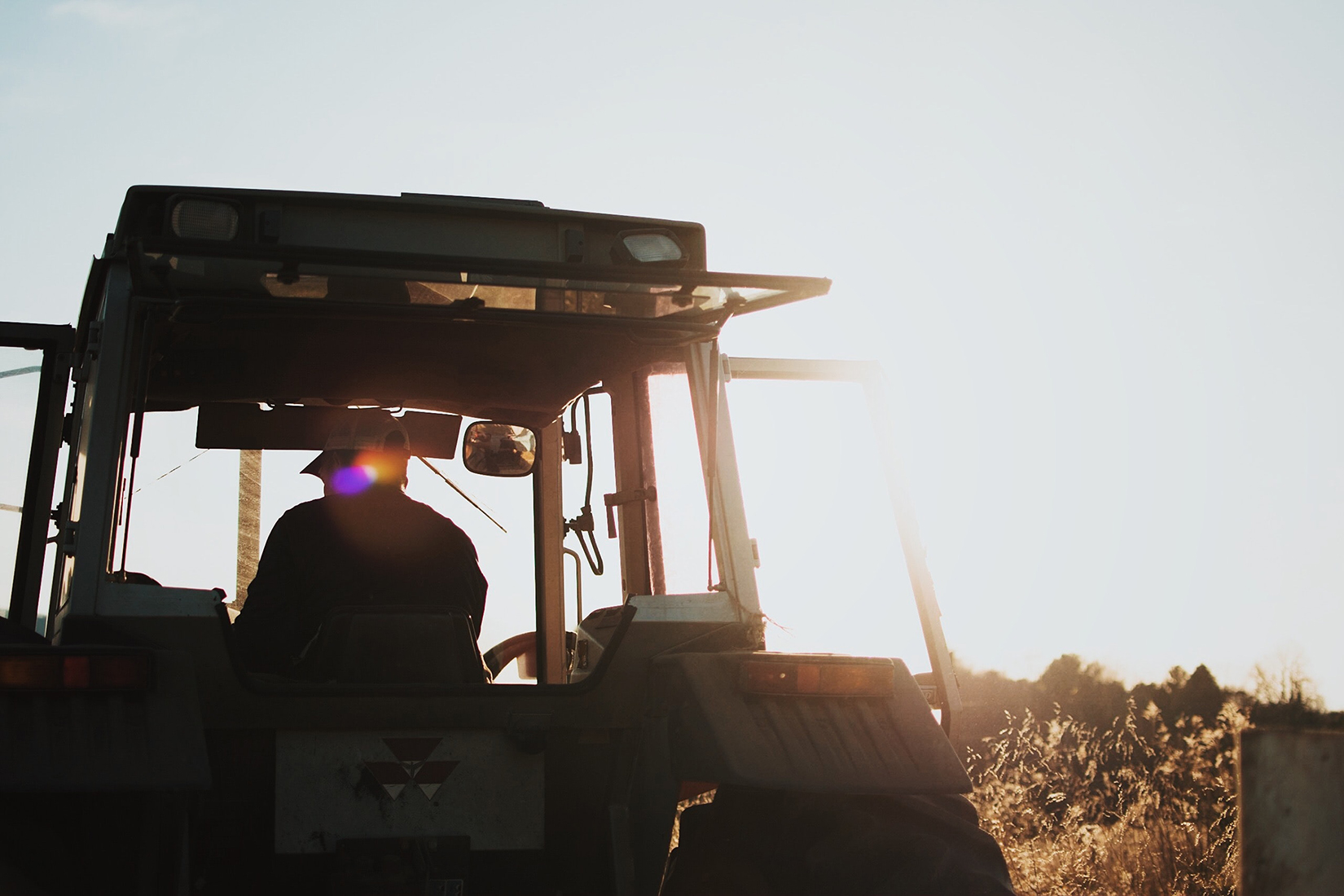Tackling the Netherlands agriculture industry’s growing nitrogen emissions crisis

The increased focus on climate change, pollution and pressure on resources is not unique to one part of the world. However, one aspect of the discussions in the Netherlands is that of nitrogen emissions. In general, nitrogen emissions destroy flora and fauna, pollute the air, and have become a huge concern in combatting climate change. With the issue being a global one, countries must come together to resolve it, which is why treaties such as the Nitrogen Oxide Protocol were developed. As a result, the Dutch government brought in a strict policy to rapidly reduce emissions. Now, it seems that this legalised policy was much too optimistic in the realisation of the set goals, considering other economic issues and societal welfare.
The Dutch Supreme Court ruled back in December 2019 that the government was obligated to uphold its own policies about reducing nitrogen emissions. In these policies, the Dutch government aims to reduce emissions by a minimum of 25% compared to those in 1990, which is used as a frame of reference in global nitrogen emissions. Since current reductions are set at around 15%, the likelihood of success looks slim.
At this point in time the Dutch government proposes strong measures to be executed, but these have been somewhat relaxed due to the impact of COVID-19. Dutch senators have approved of multiple necessary measures to reduce emissions, as well as ground contamination. These measures have consequences for construction projects, livestock and the improvement and restoration of the nature sites known as Natura 2000.
Next to lowering the speed limit (which has already been introduced during the day) and creating nitrogen limits for events, the government is trying to further reduce the emissions from livestock. After proposing a cut in livestock by half, farmers went on strike several times. In response, senators approved three other motions. One of these motions was asking the cabinet to be more forthcoming and open on their nitrogen calculation models.
Choices for the future
The government has announced they will make 350 million Euros available to buy out agriculture businesses. During the COVID-19 crisis, understandably conversations around this topic died down. But it is still relevant to note because the cabinet still intends to take measures, in fact it has proposed that the amount will be raised significantly.
Next to this there will be an additional 172 million euros made available to enhance stables in such a way that they will reduce emissions. All measures do not mean that the government will buy out all farms in the Netherlands, but it provides, so it has said, older generations with an exit strategy. Next to forming funds, the government has planned to help farmers by providing advisors who can help guide agriculture businesses through the next steps. It is expected that these advisors and other measures will be funded by granting subsidies for qualifying agriculture businesses. Also, general impulses will be given by means of tax benefits on innovation.
This leaves farmers with significant choices to make in times of economic uncertainty. Should they update their stables with the available funds, or is the buy-out a better solution? And if farmers will need to make these choices, other entrepreneurs will need to adjust as well. Since less farmers might result in a more restrictive market and less availability of products.
While the future may still be uncertain, what is clear is that the introduction of this new policy does present opportunities for agricultural businesses. To make any significant change in emissions, more emphasis needs to be placed on what is farmed – not just how. With the continued focus on building sustainability into food production, and digital transformation as whole increasing, the industry can now take the opportunity to use innovation to pivot and thrive for times ahead.



